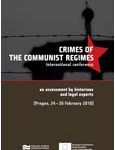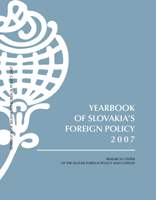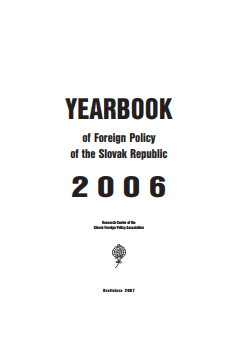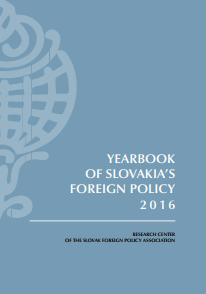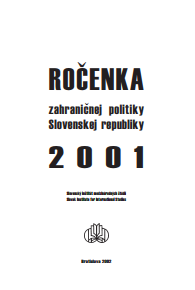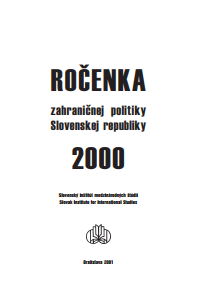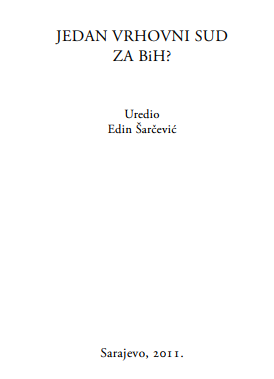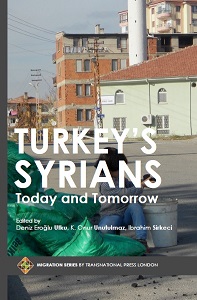
We fight to rebuild - Airmen’s contribution to recognition of the government in exile
In the turbulent summer of 1940, the Czechoslovak airmen were among the greatest assets of the foreign resistance movement. A shocking defeat of France and the loneliness of Great Britain affirmed their privileged position. What was highlighted in the difficult negotiations with the British side was the strength of the air force, as well as the success of fighter pilots in the Battle of France. Recognition of the Czechoslovak provisional government could be described as a diplomatic miracle, thanks to a significant contribution by the aviation staff.
More...


